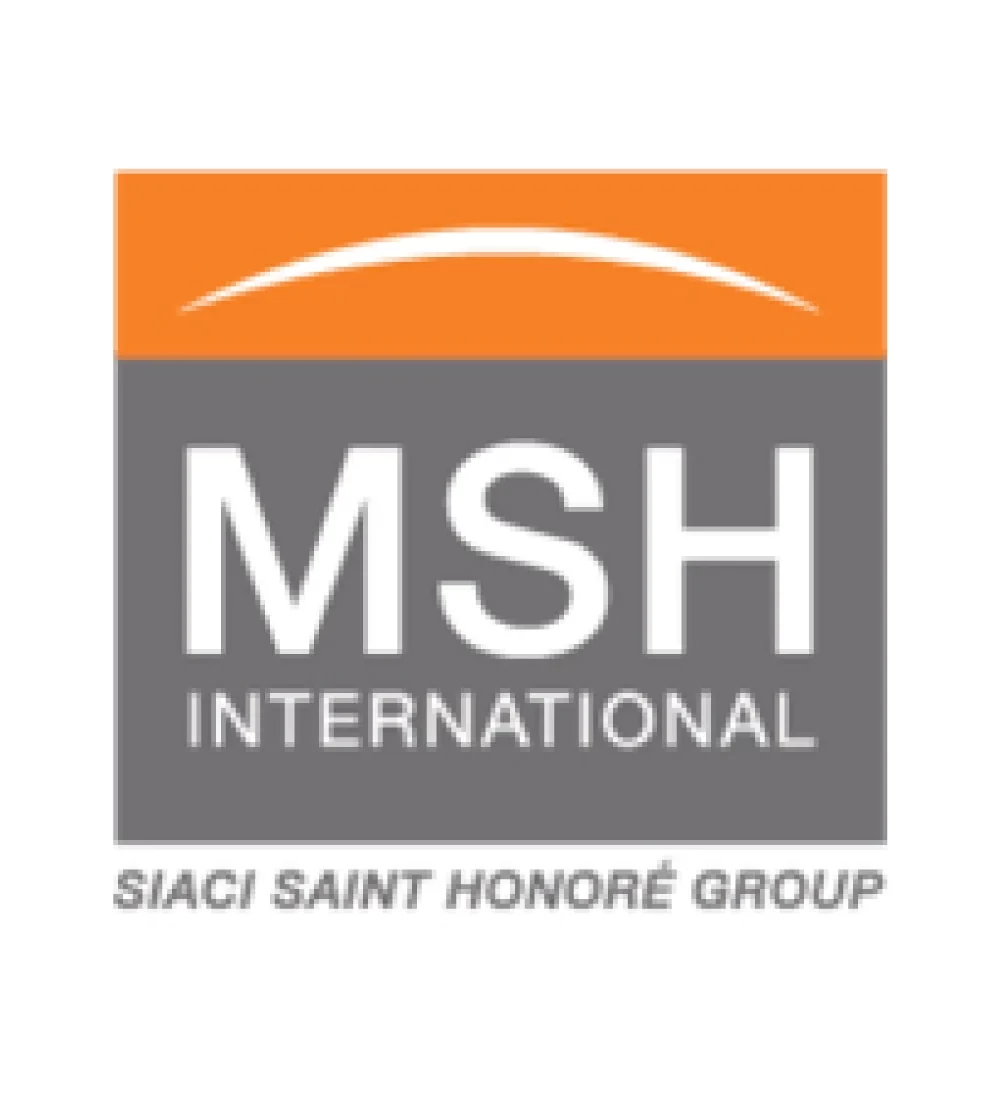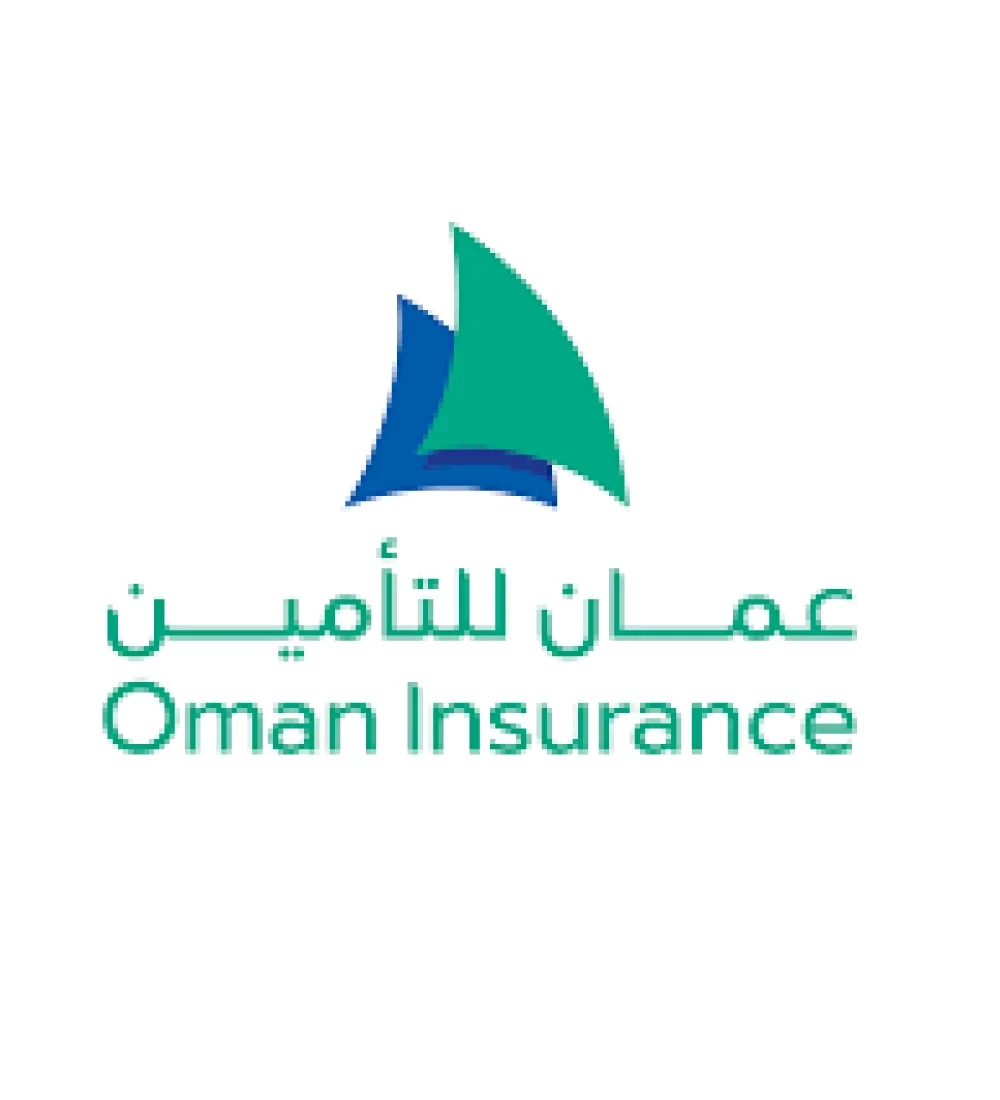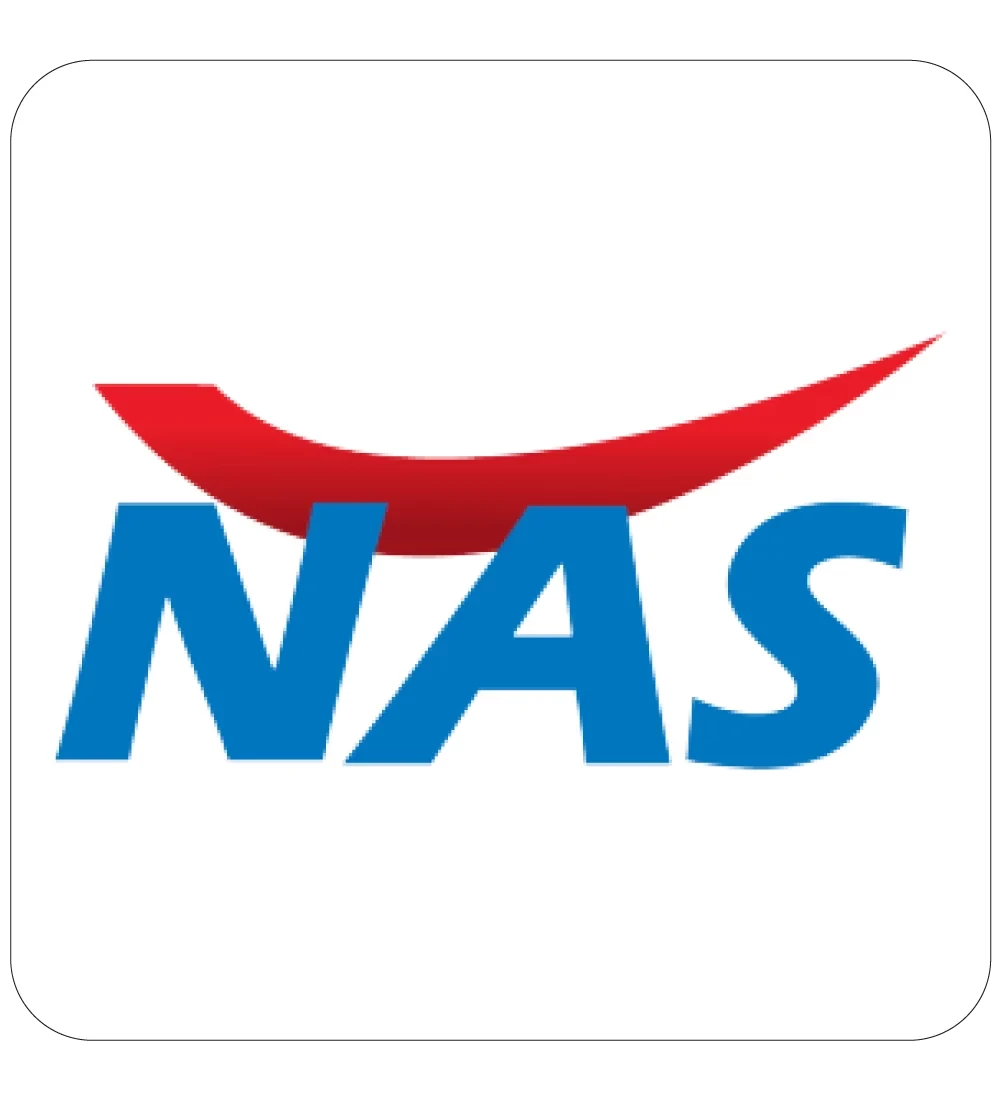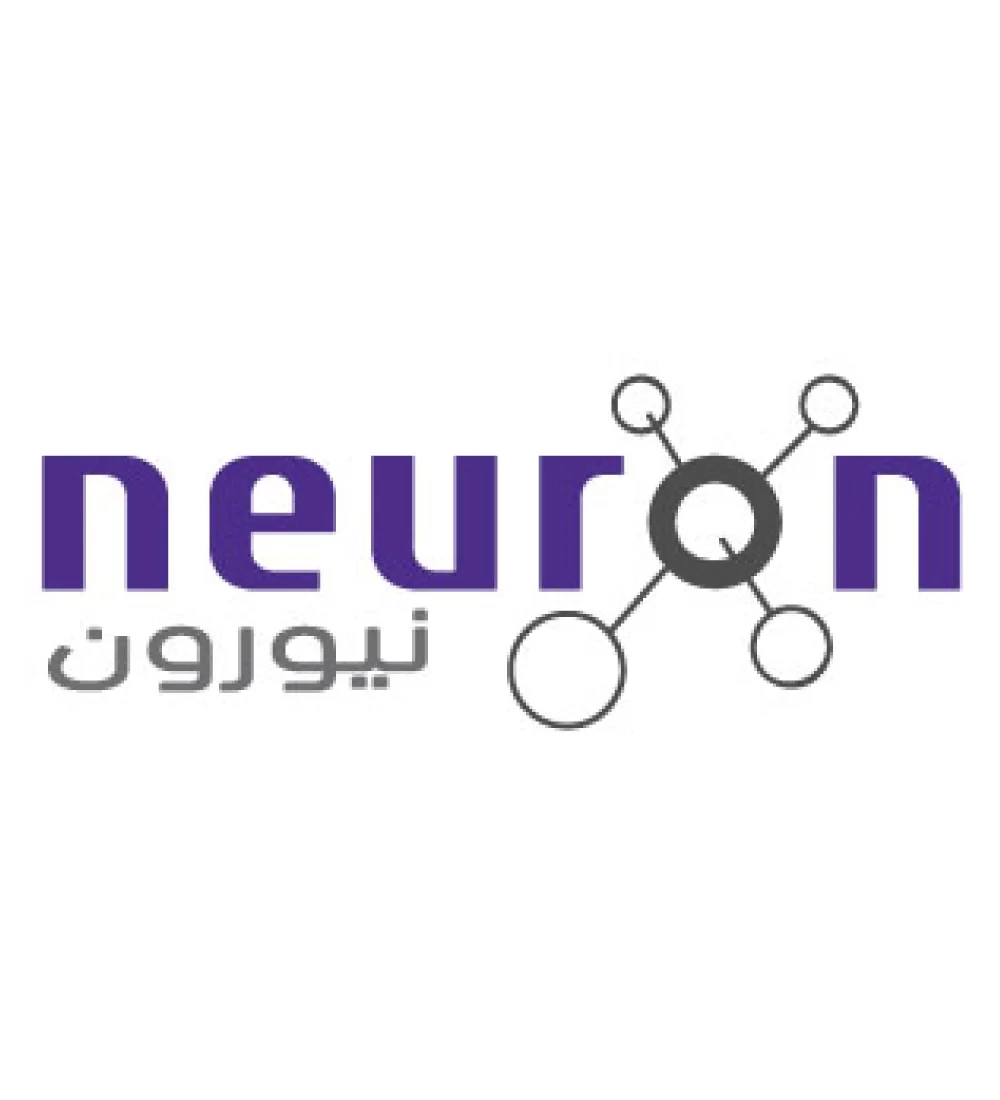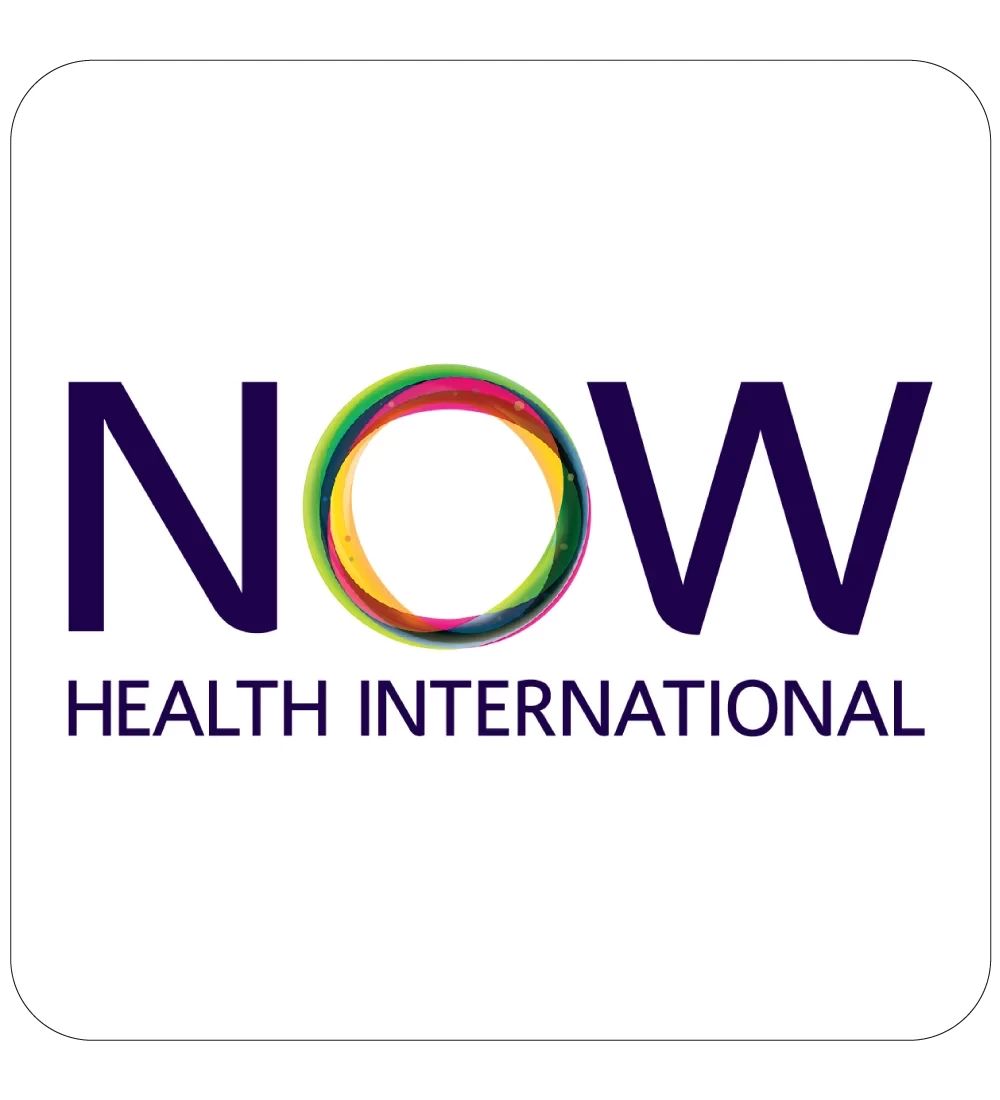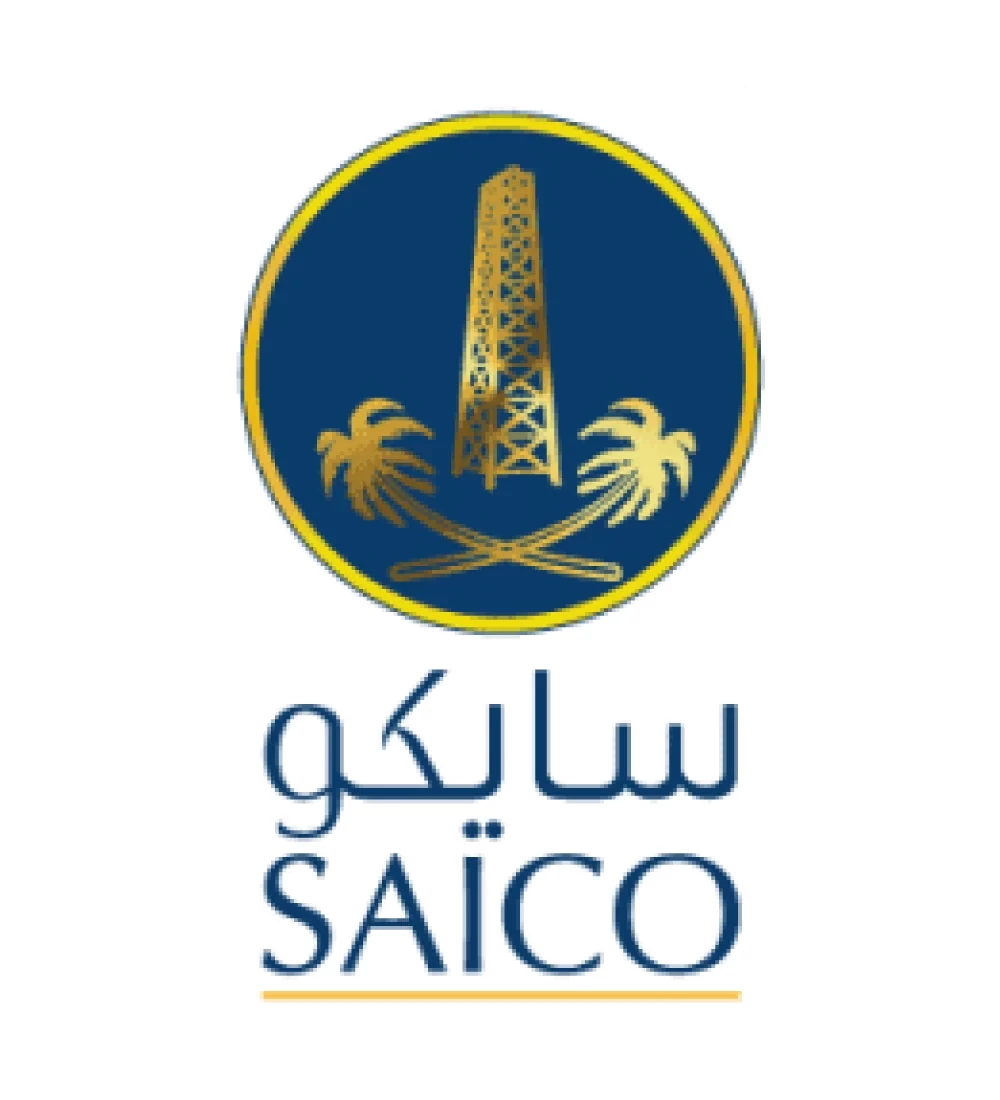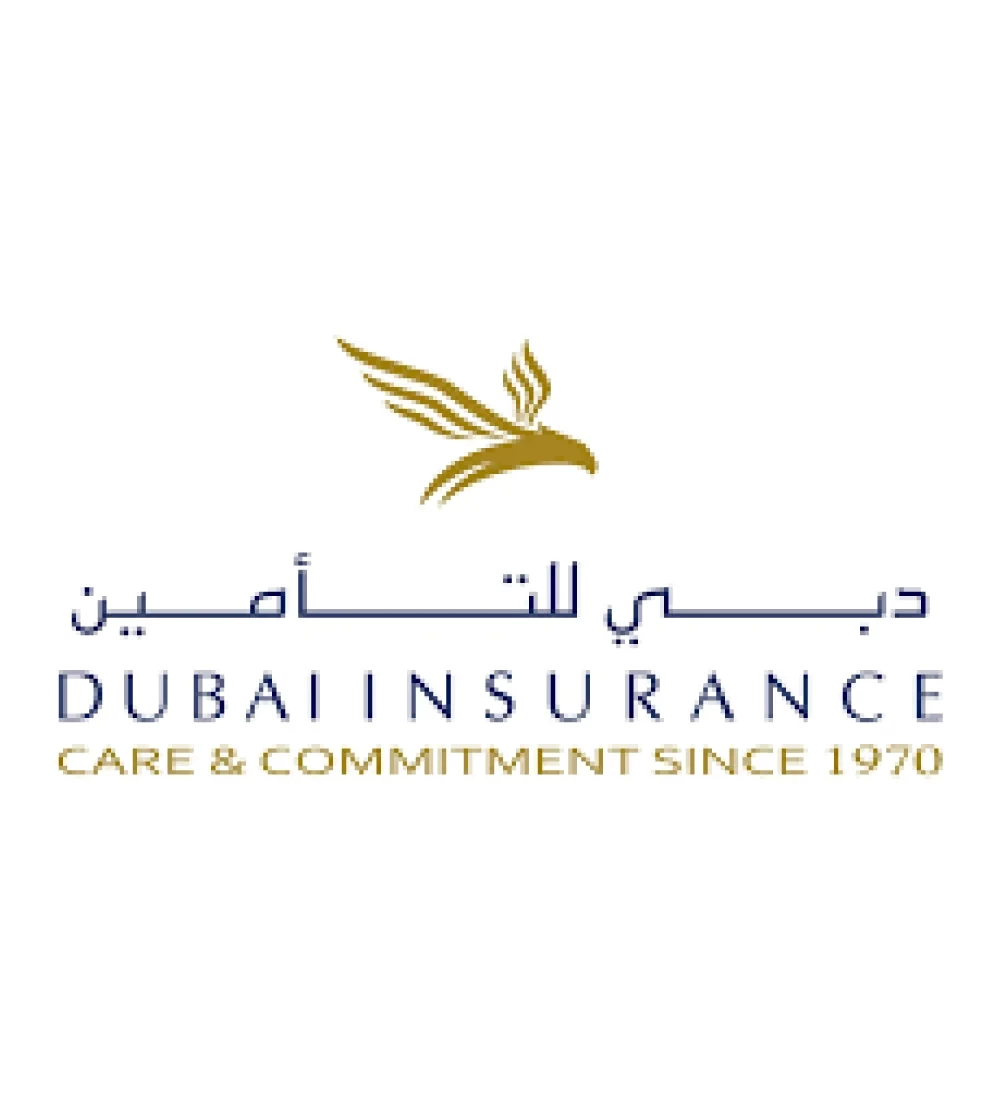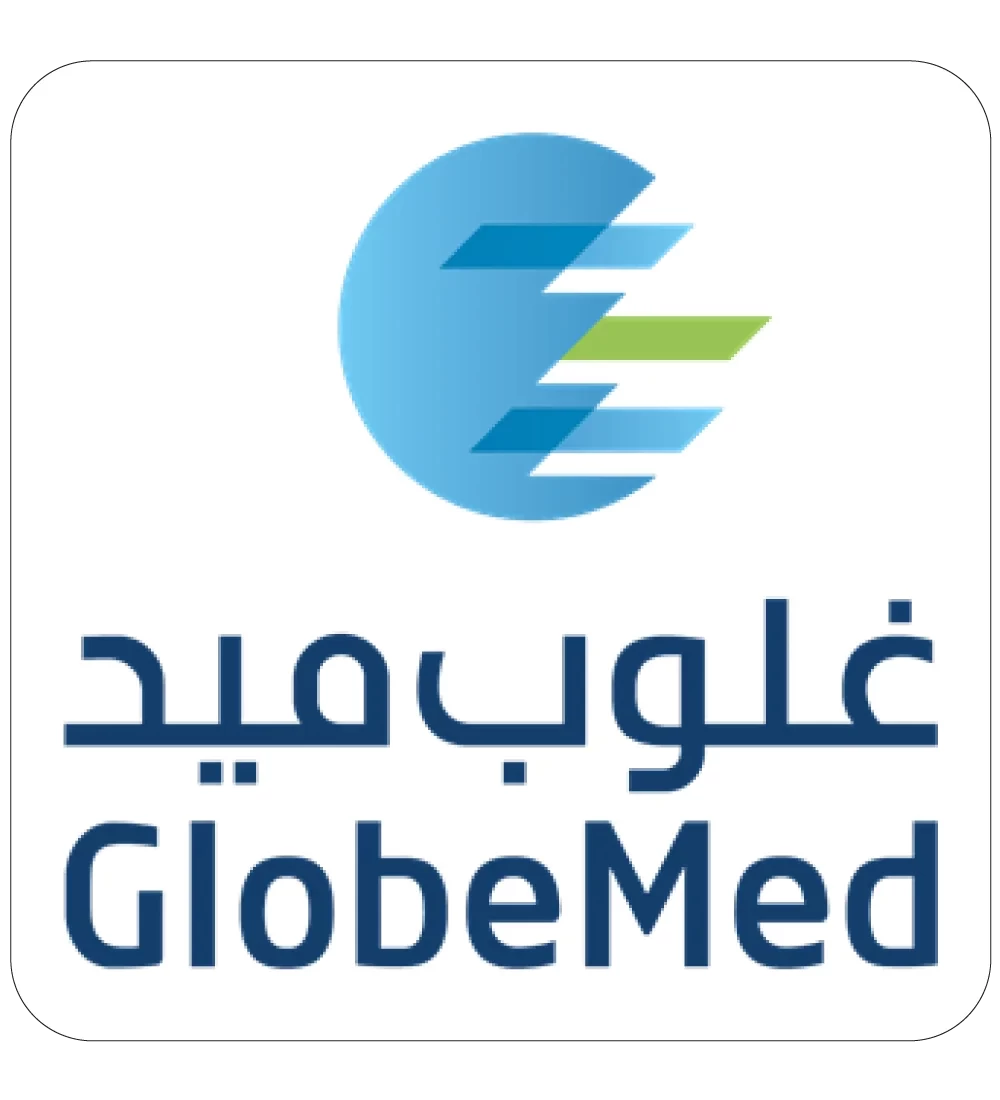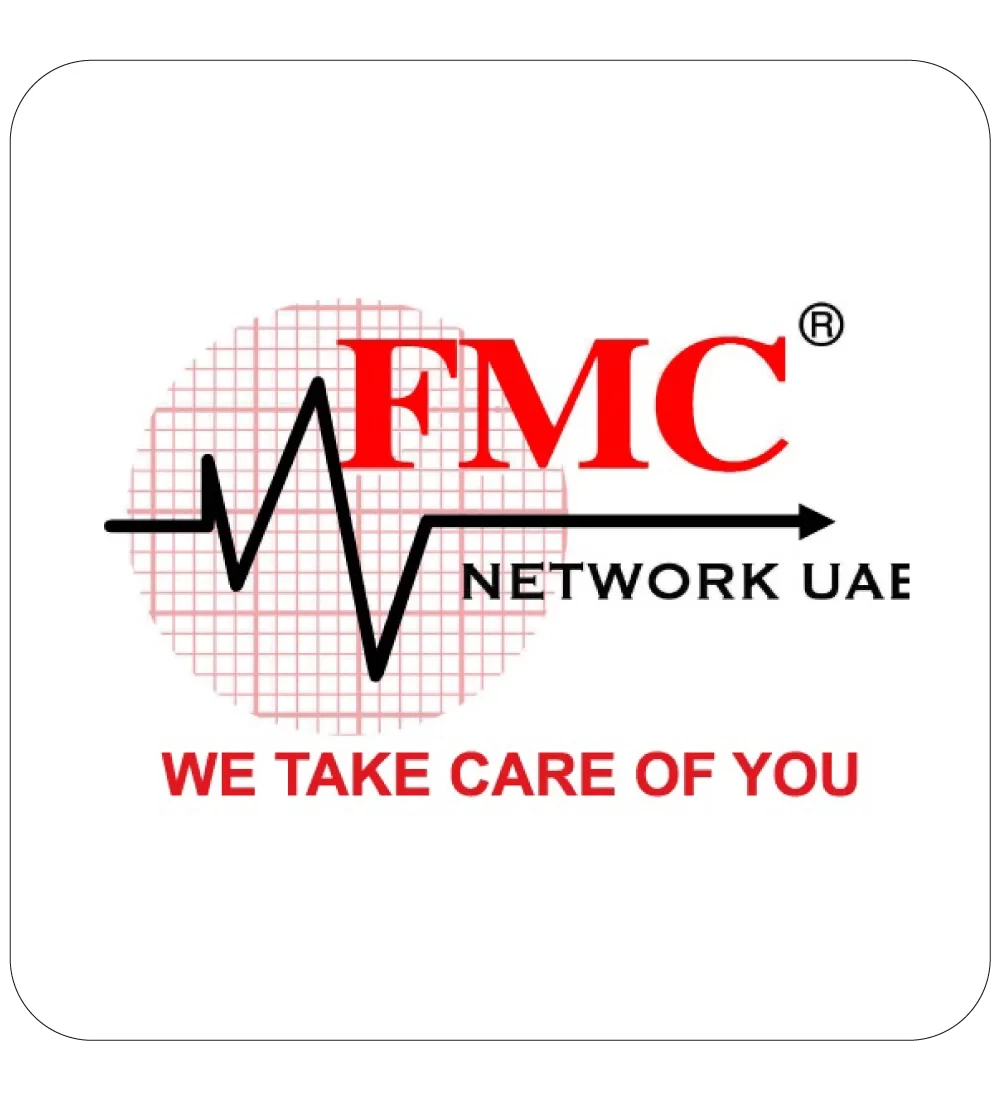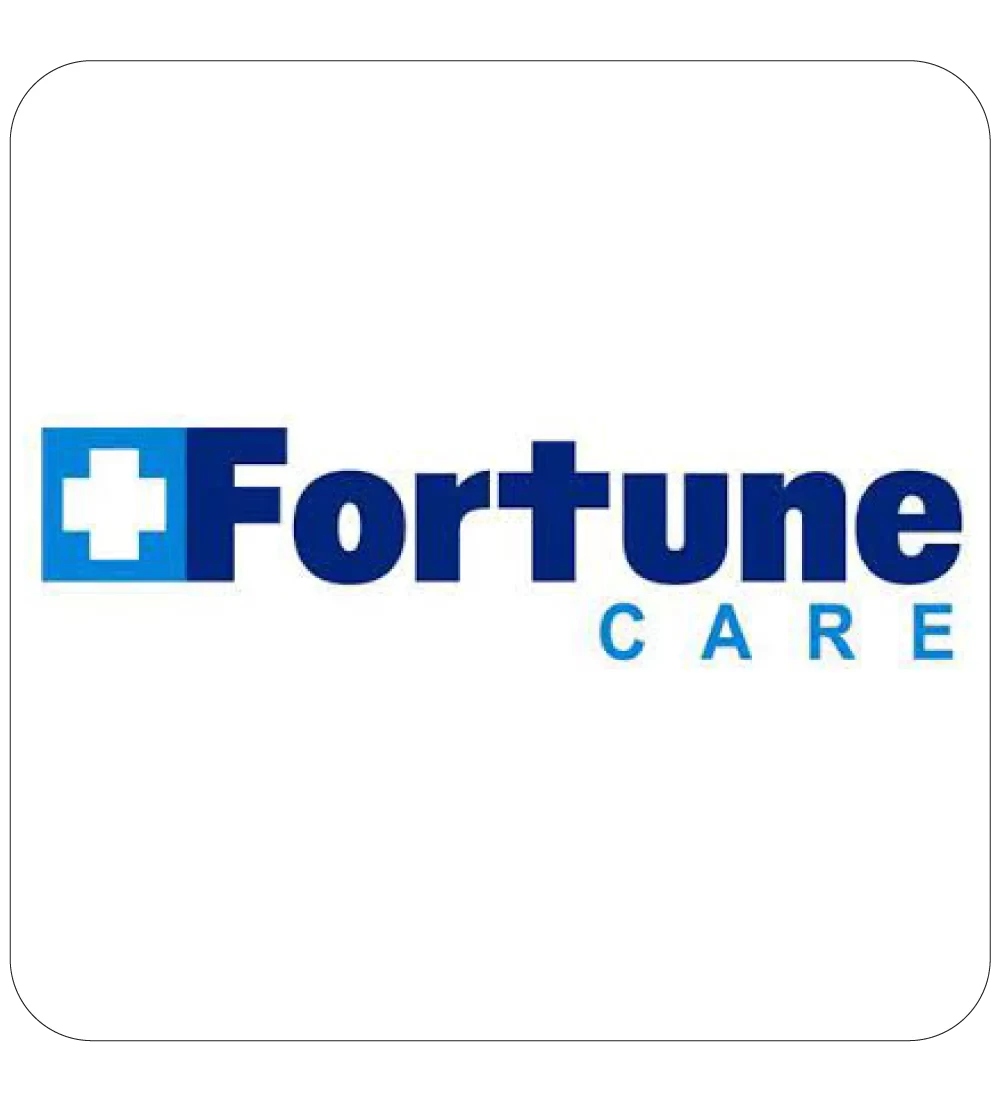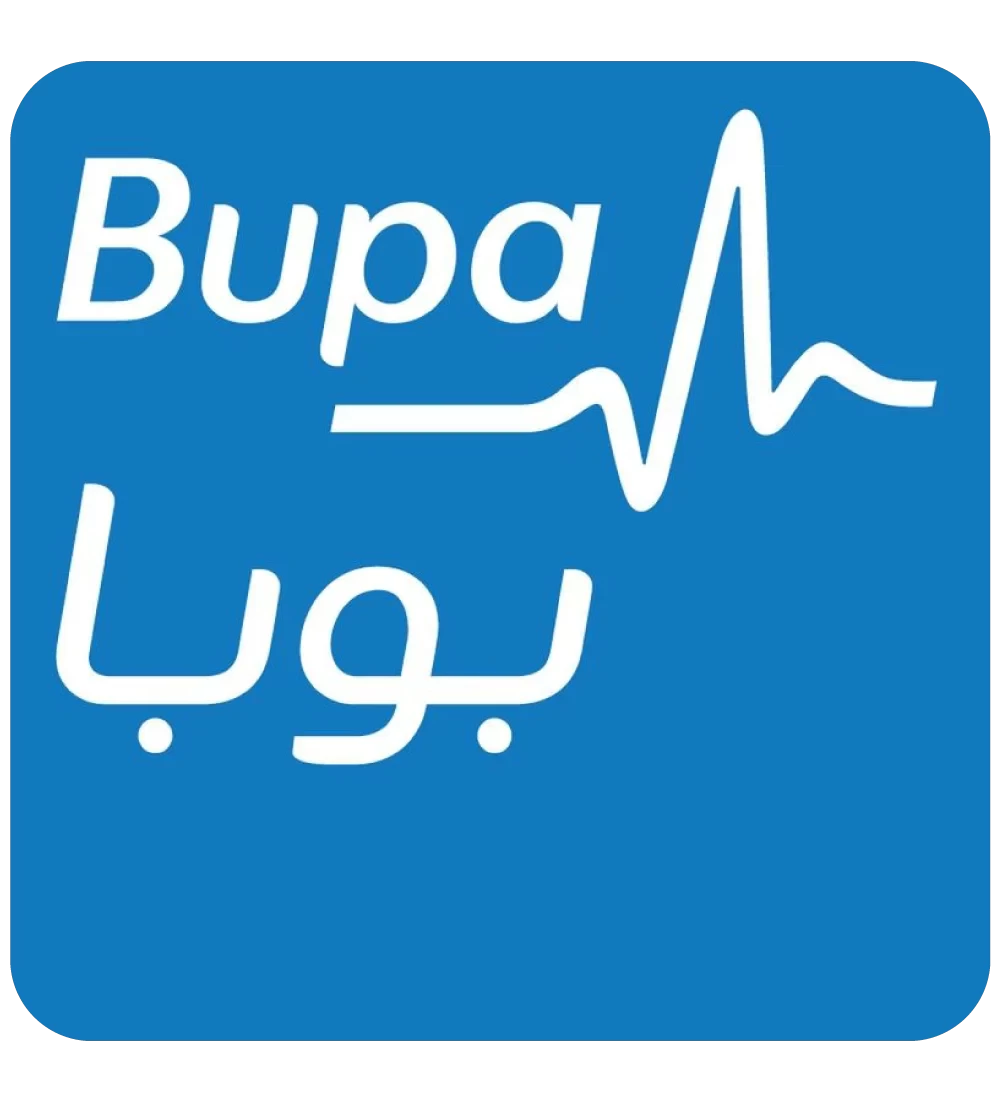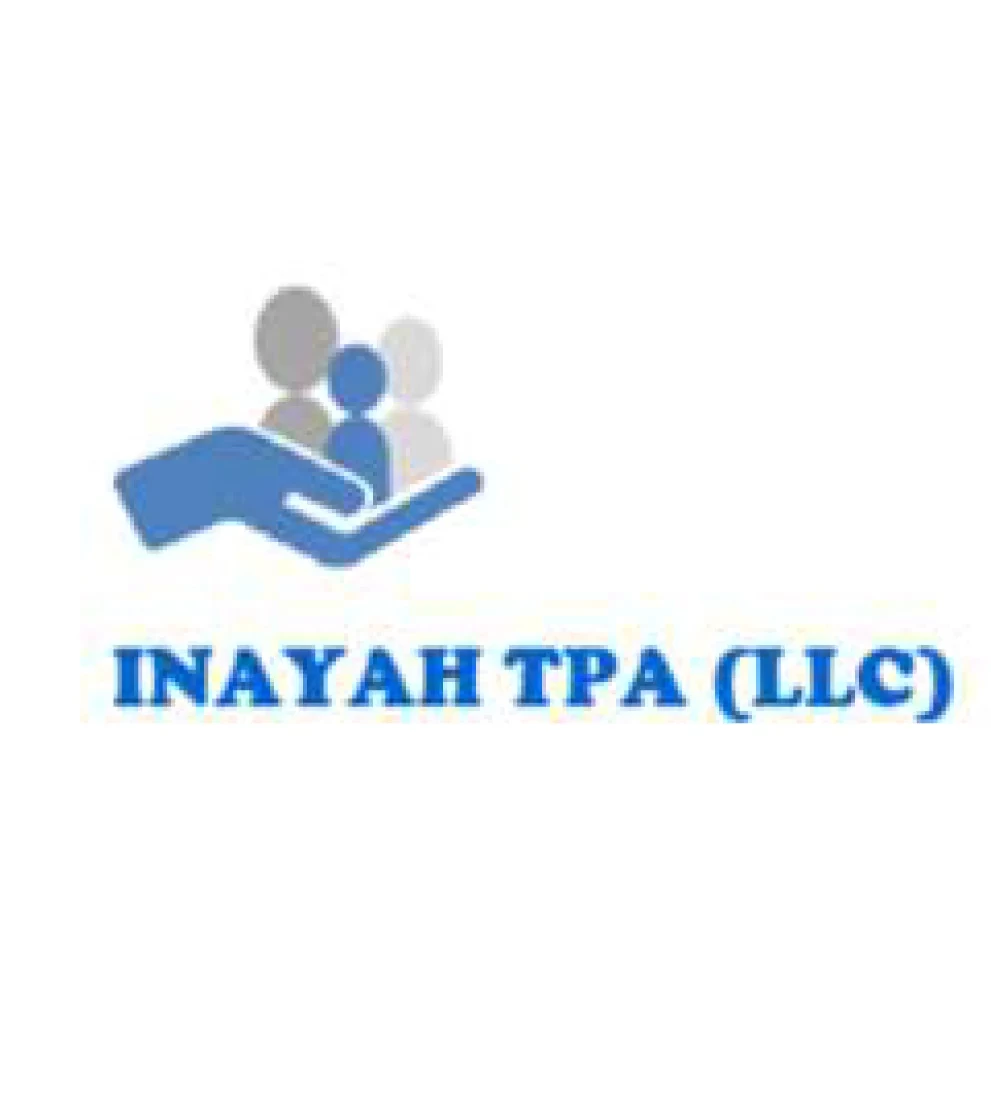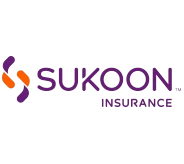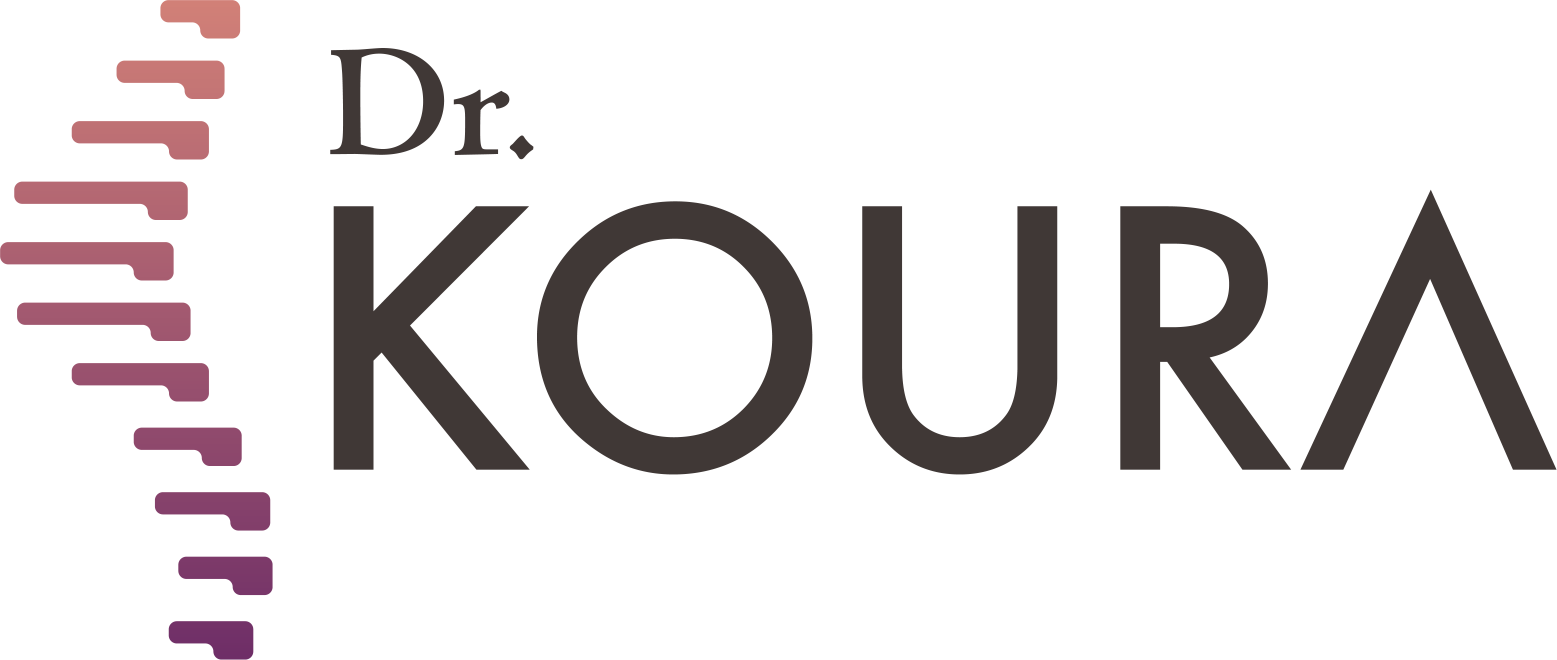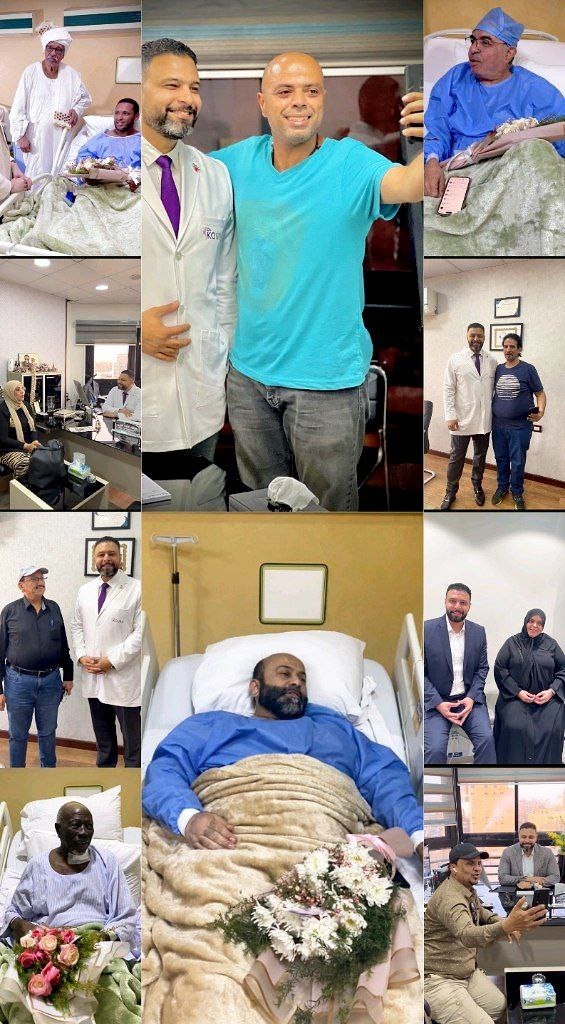
To see patients' reviews
Click hereTips after herniated disc surgery


After undergoing herniated disc surgery, it is essential to follow a set of tips and guidelines to ensure optimal results and a quick, effective recovery. In this context, Dr. Mohamed Koura’s center stands out as an excellent choice, known for its specialization in interventional pain management for treating the spine and joints. The center is a trusted destination for the best treatment of herniated discs and for addressing lumbar vertebrae issues using advanced methods.
Post-Surgery Tips for Herniated Disc Recovery
It is crucial to follow certain post-surgery advice, such as ensuring adequate rest and avoiding activities that may strain the back. Additionally, it is recommended to maintain a healthy diet and support your body with doctor-approved exercises. Medications are an important part of the treatment plan for managing pain and aiding recovery.
Thanks to the expertise at Dr. Mohamed Koura's center in interventional pain management for the spine and joints, patients can receive tailored herniated disc treatments that meet their individual needs, leading to an improved quality of life and pain relief.
Understanding Herniated Disc and Its Symptoms
A herniated disc occurs when the discs that act as cushions between the vertebrae slip out of place, causing them to tear and press against the vertebrae and surrounding nerves. This pressure leads to a variety of uncomfortable symptoms. Common symptoms include gradually worsening pain, tingling or numbness in the hands, feet, or head. People may also experience general muscle weakness and disruptions in nerve signals necessary for muscle function, making it difficult to sit or stand comfortably. In some cases, there may be sharp, sudden pain when making certain movements, cold sensations on one side of the body, and worsening back pain when sneezing or coughing. While some uncommon symptoms may not be directly related to a herniated disc, recognizing these signs can help in early diagnosis and effective management of the condition.
Advanced Techniques for Treating Herniated Disc
There are a variety of treatment options for herniated discs, ranging from traditional methods to modern techniques. Among the advanced options that have proven effective is the nerve canal endoscopy, which is used to precisely correct tissue within the nerve canal without the need for a large surgical incision. Another option is the radiofrequency technique, which relies on heating the nerves responsible for pain, reducing their activity and alleviating pain. Nerve root injections are also effective, involving the injection of anti-inflammatory medications directly into the affected nerve area to reduce pain and swelling. Lastly, the mini-endoscope offers a modern alternative to traditional surgery, allowing for the precise removal or correction of painful tissue without the need for a large incision. These methods provide diverse options for doctors and patients, helping to improve treatment outcomes and effectively relieve herniated disc symptoms.
Key Guidelines for Recovery After Herniated Disc Surgery
After undergoing herniated disc surgery, it is essential to follow certain tips to ensure a fast and effective recovery and minimize the risk of complications. First, it is recommended to begin physical therapy based on the type of surgery performed, the patient’s age, and overall health. This therapy helps strengthen the muscles surrounding the spine and eliminate back pain permanently, restoring movement gradually and safely.
During the recovery period, it is preferable to reduce physical activity and movement overall. Patients can gradually return to their normal life within two to four weeks. During this period, pain relievers may be prescribed to ease discomfort and facilitate movement.
There are also certain precautions that should be taken during home recovery, such as avoiding prolonged sitting and not lifting heavy objects to prevent pressure on the surgical area. Additionally, it is advised not to engage in strenuous exercises during the first four weeks after surgery, as this can worsen the condition or impede recovery.
It is also important to delay driving until the doctor confirms that you can safely resume such activities. Following these guidelines will help speed up the healing process and reduce the chances of complications, contributing to a better quality of life after surgery.
Other Essential Recovery Tips After Herniated Disc Surgery
After herniated disc surgery, the recovery period requires special care to ensure a speedy return to daily life with minimal pain. To ensure the success of the surgery and reduce risks, patients should follow some important guidelines and tips.
First, it is advised to start physical therapy as per the doctor’s instructions, as it plays a crucial role in restoring movement and strengthening the muscles surrounding the spine. The type of therapy varies based on the surgery performed, the patient's age, and their overall health condition.
Second, reducing physical activities and movement during the recovery period is essential. Patients can gradually return to their daily routine after a period of two to four weeks. During this time, the doctor may prescribe pain relievers to help the patient cope with discomfort and improve comfort.
Moreover, some restrictions must be considered, such as avoiding prolonged sitting and not lifting heavy objects to reduce pressure on the surgical site. It is also recommended to avoid intense physical exercises for the first four weeks after surgery, and driving should be postponed until the doctor confirms the ability to resume such activities safely.
By following these guidelines, the outcomes of herniated disc surgery can be improved, and a faster and more effective recovery can be achieved.
The recovery period after herniated disc surgery is a critical phase for achieving positive results and restoring normal life. By adhering to the tips and guidelines mentioned, patients can reduce pain and speed up the complete healing process from herniated discs. Taking the right steps post-surgery, such as beginning physical therapy and avoiding activities that may hinder recovery, plays a key role in the success of the treatment.
If you are looking for the best spine specialist for care and follow-up after surgery, turning to reputable specialists like Dr. Mohamed Koura is an excellent option. Dr.Koura has extensive experience in treating spine issues and offers advanced treatment strategies that help patients recover effectively.
By consulting experts and applying the recommended tips, you can ensure a quick recovery and achieve the best possible results after herniated disc surgery.
Dr. Mohamed Koura is here to assist you using the latest therapeutic techniques, including thermal radiofrequency and laser treatments for spinal pain without surgery—book your appointment now from here.
Why Choose Dr. Mohamed Koura ?
Simply because he is the best doctor in his feild. He stays updated on the latest treatment technologies through his participation in various international conferences with leading foreign doctors and experts. Finally, and most importantly, Dr. Mohamed Koura is the best doctor in Egypt and the Arab world, possessing 12 non-surgical techniques for treating spinal and joint problems. He was the first to introduce modern interventional treatment techniques in Egypt & the Middle East and is the only one using the disc fx technique to treat spinal pain.
To see patients' reviews
Click hereCertainly not, some cases must be treated surgically, and the most appropriate technique for the patient is determined through a medical examination and the presence of imaging studies.
No, it is necessary to make a reservation through a phone call or social media messages.
There are no risks or side effects associated with non-surgical pain interventions.
The patient needs only 3 to 4 days before they can travel comfortably, and the hospital stay does not exceed 6 to 8 hours.
A condition cannot be accurately assessed and a proper medical diagnosis made without a medical examination and recent imaging studies.
Yes, there are several payment methods available through Visa or electronic wallets by making a reservation on our website.
Certainly, obesity is one of the causes of knee osteoarthritis.
Radiofrequency activates the nerve and does not cause any damage to it.
Non-surgical interventions are a definitive treatment for some cases and pain relievers for other cases, which is determined by the doctor through a medical examination.
If the herniated disc is fully treated, there is a possibility of it reoccurring in some cases, such as not following the doctor's prescribed instructions after the intervention, experiencing an accident, or making a sudden wrong movement like lifting heavy objects.
The entire disc is not removed due to the presence of several risks and it may exacerbate the condition. Only the protruding part that causes pain is removed.
This cannot be done with radiofrequency, but it is performed through other techniques that Dr. Koura conducts.
The success or failure of non-surgical interventions cannot be judged through radiographic imaging because these procedures involve making subtle changes to critical parts to address the issue. Consequently, they do not produce significant changes to avoid potential complications in the future or damage to the spine and joints, which is our primary goal.
Spinal stenosis does not typically cause sciatica. In most cases, disc herniation is what may lead to sciatica. This does not necessarily mean that a patient with sciatica will also have spinal stenosis.
Sciatica may return if the patient does not adhere to the medical instructions provided by the doctor or in the event of an unexpected accident.
Lower back pain can result from several causes, including a herniated disc, nerve compression, muscle strain, or chronic spinal injuries. Lifestyle factors such as prolonged sitting, muscle weakness, and excess weight can also exacerbate the problem.
A life without pain without surgery
Once you book with Dr. Koura
Get rid of pain with just one call.. Book your appointment now with pain Management consultant Dr. Koura.
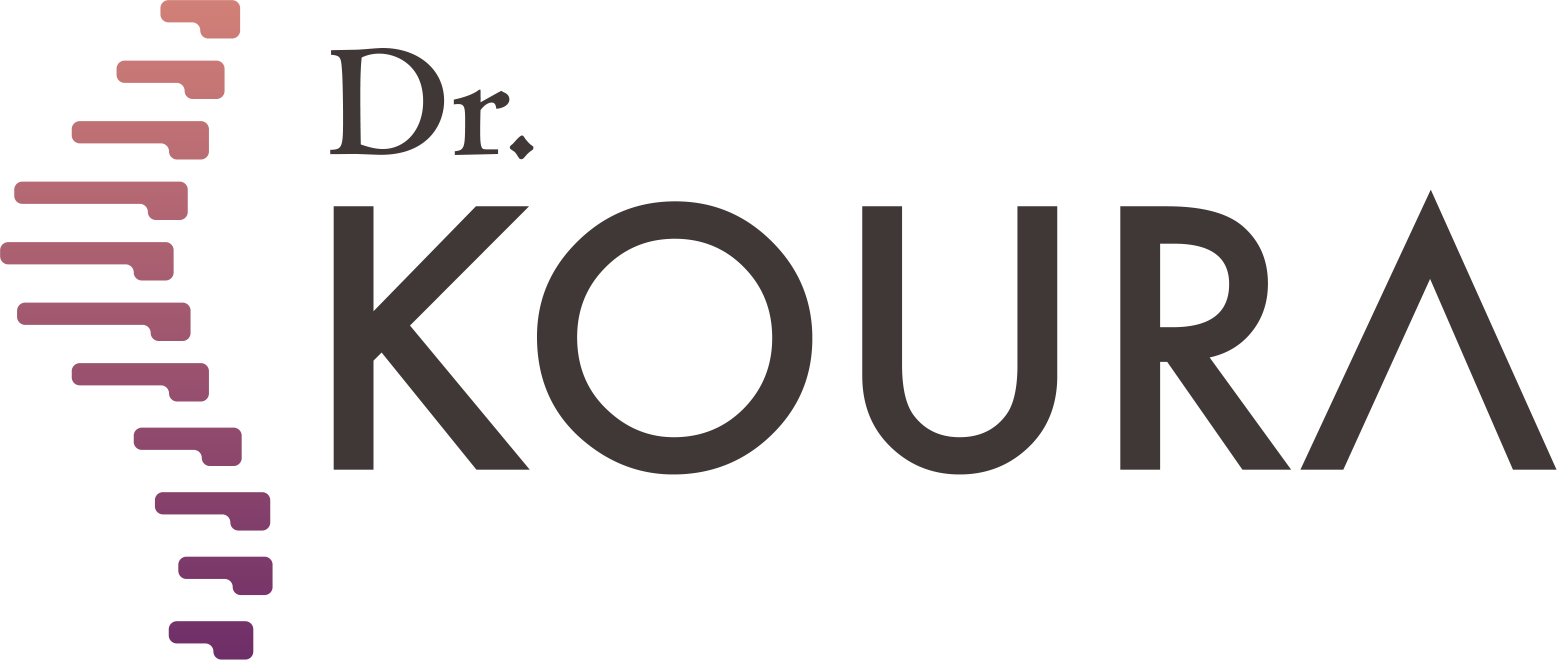

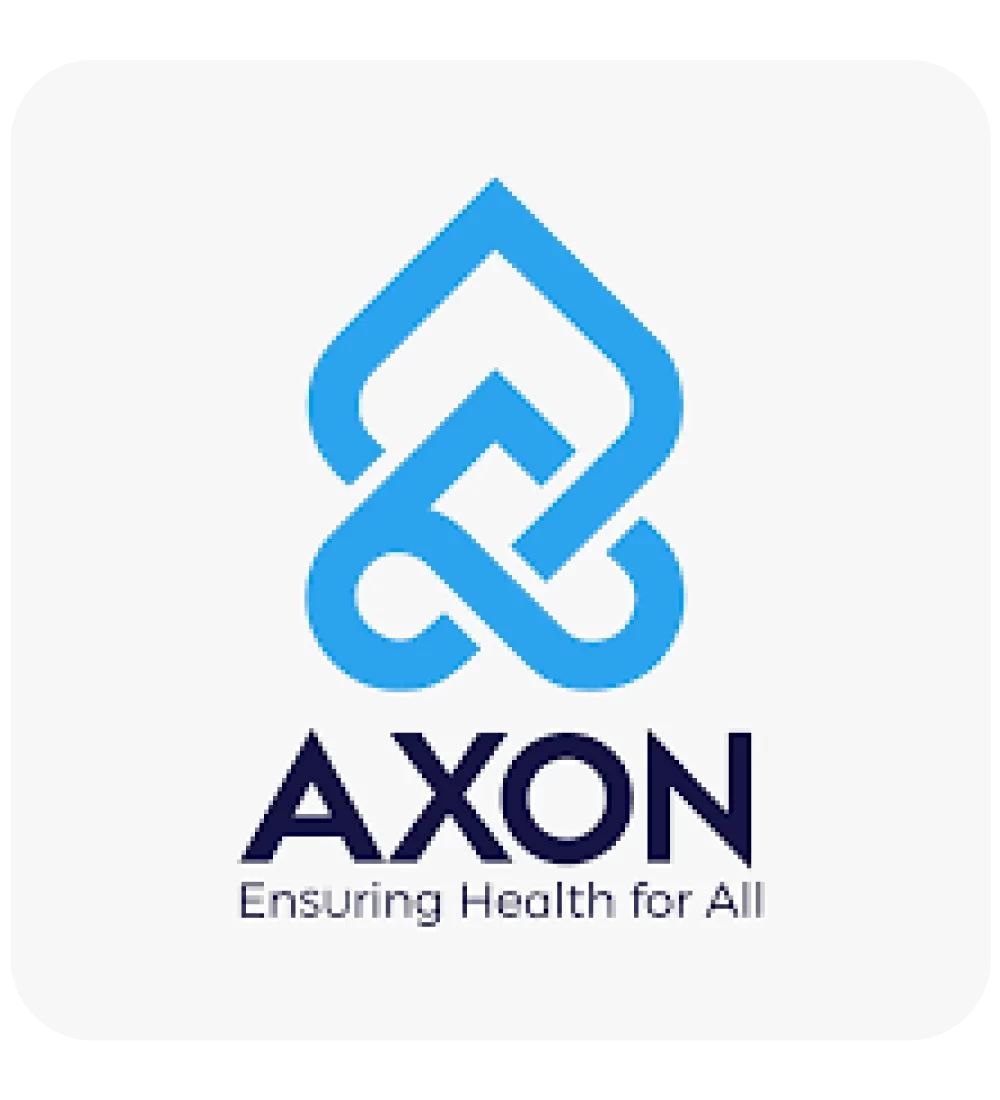



-webp.webp)




-webp.webp)

